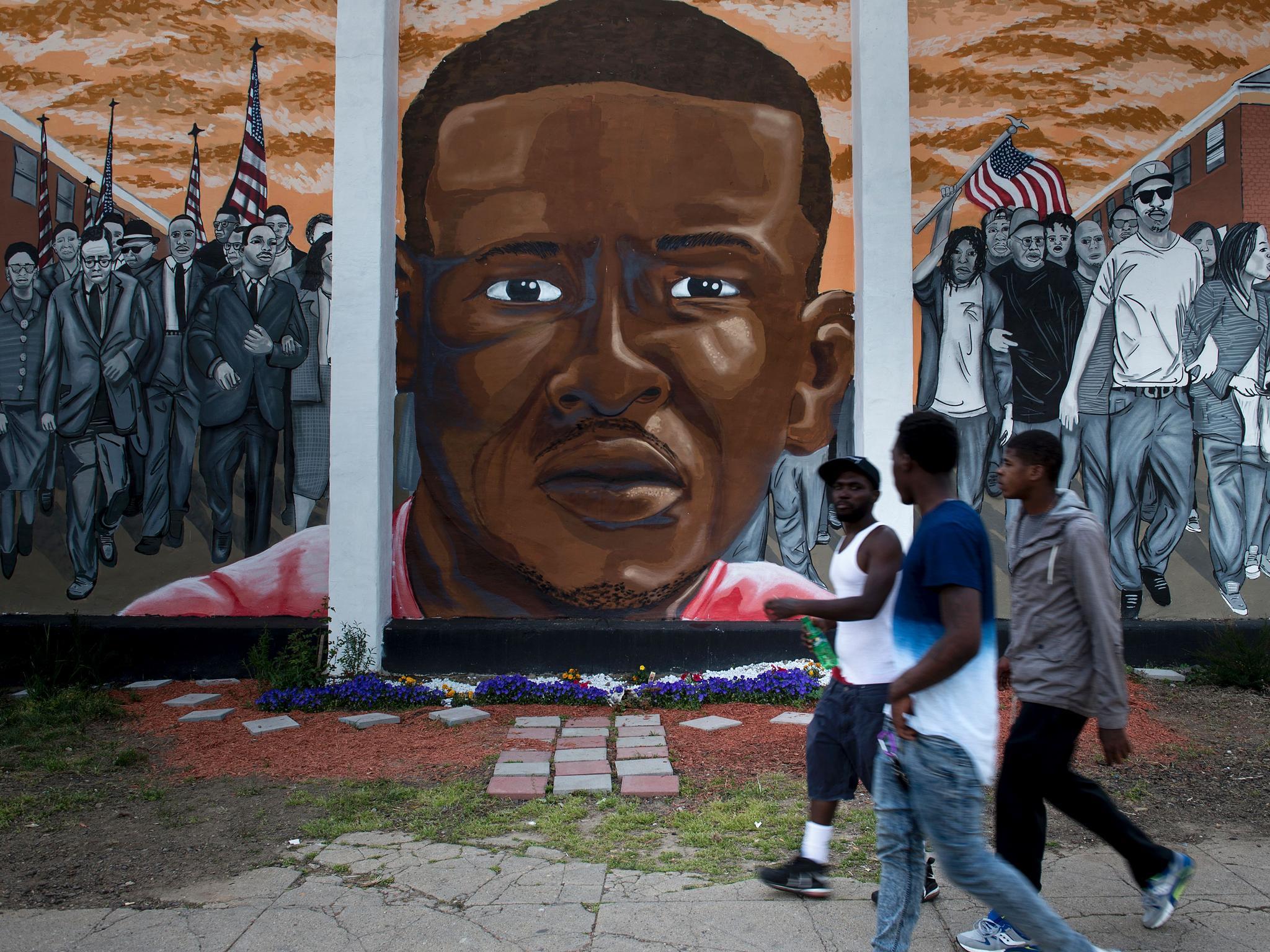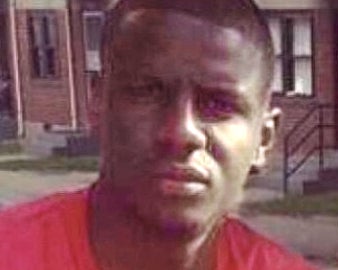Freddie Gray trial verdict: Baltimore cop Caesar Goodson found not guilty on all charges
The officer faced the most serious charges of the six indicted in the case

Your support helps us to tell the story
From reproductive rights to climate change to Big Tech, The Independent is on the ground when the story is developing. Whether it's investigating the financials of Elon Musk's pro-Trump PAC or producing our latest documentary, 'The A Word', which shines a light on the American women fighting for reproductive rights, we know how important it is to parse out the facts from the messaging.
At such a critical moment in US history, we need reporters on the ground. Your donation allows us to keep sending journalists to speak to both sides of the story.
The Independent is trusted by Americans across the entire political spectrum. And unlike many other quality news outlets, we choose not to lock Americans out of our reporting and analysis with paywalls. We believe quality journalism should be available to everyone, paid for by those who can afford it.
Your support makes all the difference.The family of Freddie Gray and their many supporters have been left reeling after a judge found that a police officer charged over the young black man’s death was not guilty.
The Balitmore judge found Caesar Goodson not guilty on all seven counts he faced, among them a charge of “depraved heart murder”, an indictment similar to manslaughter or second degree murder.
Mr Gray, who was 25, suffered a devastating spinal injury and died in April 2015, about a week after he was arrested and placed into a prisoner van that Mr Goodson was driving.

His death spurred peaceful protests that eventually turned violent, setting fire to Baltimore and thrusting the city into the national debate on police brutality and the way it dealt with suspects from minority communities.
Of the six officers arrested in the case, Mr Goodson, who was driving the van in which Mr Gray had been placed, faced the most serious charges, including the baroque-sounding second-degree depraved heart murder. A post-mortem examination conducted after his death, found he suffered a single “high-energy injury”, most likely caused when the police van into which he had been bundled suddenly braked.
When Mr Gray was placed into the van, officers bound his hands and feet and Mr Goodson left him unprotected by a seat belt that prosecutors say would have kept him from slamming into the van’s metal walls.
Mr Goodson had declined trial by jury and instead asked that the case be heard by a judge. That judge, Baltimore Circuit Judge Barry Williams, also found the police officer not guilty of manslaughter, assault, misconduct in office, and reckless endangerment. He did so after listening to five days of testimony.

According to the Associated Press, Mr Williams said the state failed to show that Mr Goodson knew he had harmed Mr Gray by leaving him unbuckled, or that he was aware of the injury.
“The state failed to prove the defendant knew or should have known that Mr Gray needed medical care,” the judge said.
“Unlike in a shooting or a stabbing, or a car accident, this injury manifests itself internally. If the doctors weren’t clear, how would a person without medical training know?”
The judge also said the state failed to prove Goodson gave Gray a “rough ride”.
“The state had a duty to show the defendant corruptly failed in his duty, not just that he made a mistake,” he added.
Outside the courthouse, a small group of protesters chanted: “We can’t stop. We won’t stop, until killer cops are in cell blocks.” There was no immediate comment from Mr Gray’s family.
Protests and rioting after Mr Gray's death set the city on fire, forcing Maryland to bring in the National Guard. The unrest forced the city’s mayor to abandon her re-election campaign, and the Department of Justice opened an investigation into allegations of widespread police abuse.
The Democratic nominee to become Baltimore’s next mayor, State Senator Catherine Pugh, issued a statement pleading for patience.
“Protests are a vital part of democracy, but to destroy the homes and businesses many people have worked very hard to build is unacceptable,” she said.
“Although people may disagree with the verdict, it is important to respect each other and to respect our neighbourhoods and our communities.”
Join our commenting forum
Join thought-provoking conversations, follow other Independent readers and see their replies
0Comments